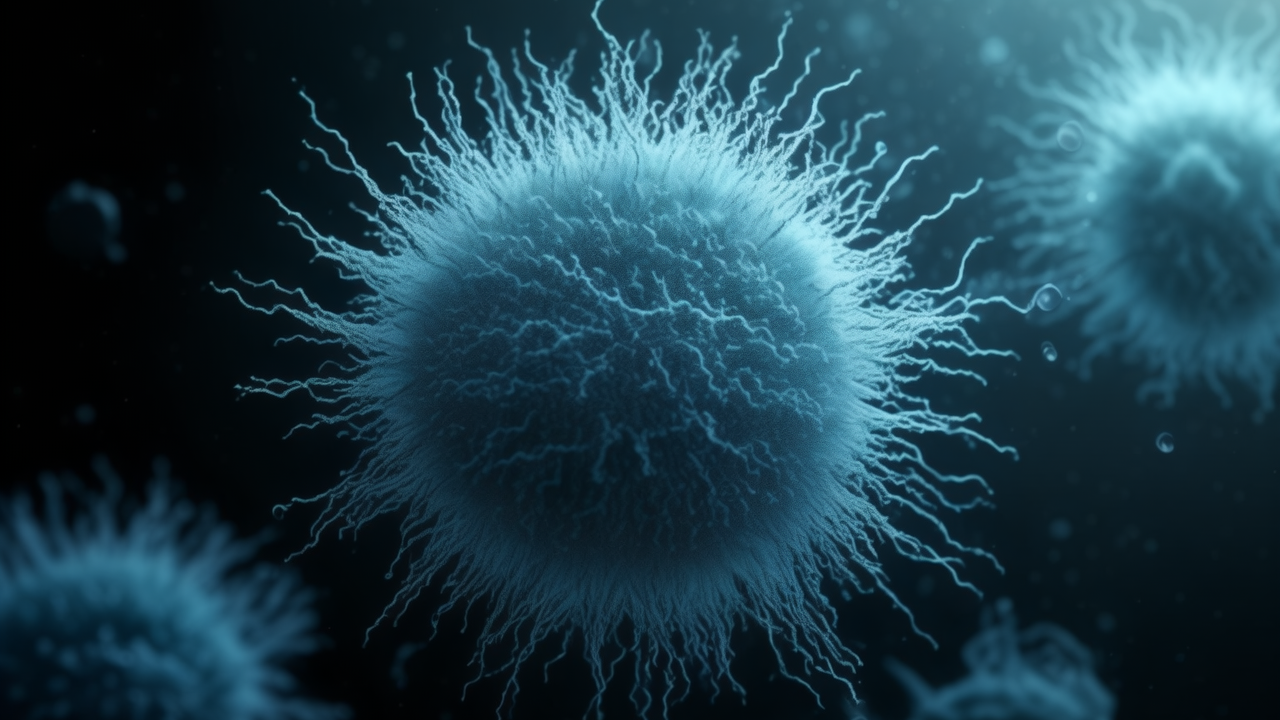The researchers found that the bacteria suppressed enzymes overproduced in diabetics, stimulating the movement of skin cells needed to close wounds. The team tested diabetic mice and human skin samples to show that inoculation with A. faecalis accelerated wound healing without any signs of infection. The bacteria also promoted the growth of keratinocytes, the main cells of wound healing.
The study found that A. faecalis normalized levels of collagen-degrading enzymes, which promotes rapid healing.
Source: Ferra
I am a professional journalist and content creator with extensive experience writing for news websites. I currently work as an author at Gadget Onus, where I specialize in covering hot news topics. My written pieces have been published on some of the biggest media outlets around the world, including The Guardian and BBC News.











